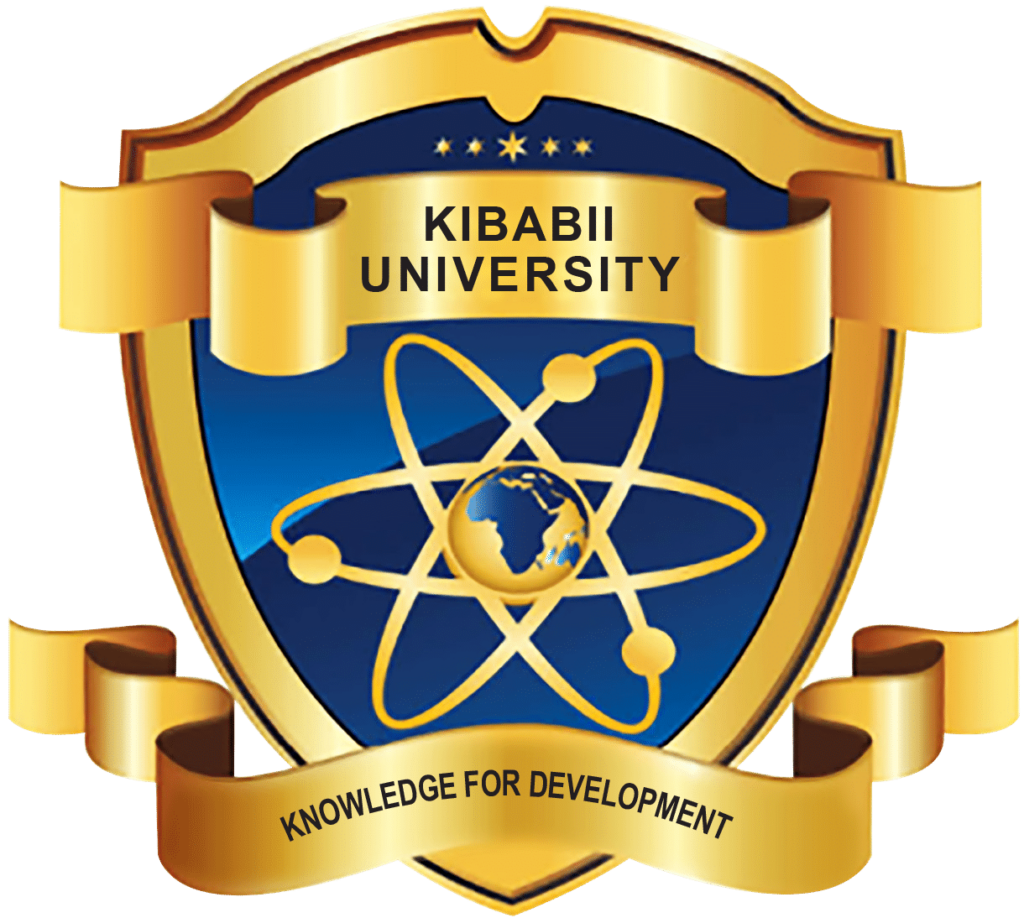THESIS TITLE: Mobile Learning Technology Acceptance Model for Public Universities In Kenya
NAME: Chekulesi Andrew Wanjala
Supervisors
- Mbugua Samuel
- Edwin Masibo
ABSTRACT
M-learning involves the use of mobile technology, either alone or in combination with other Information and Communication Technologies (ICTs) to enable learning take place anytime and anywhere. Learning can unfold in a variety of ways: people can use mobile devices to access educational resources, connect with others, or create content, both inside and outside classrooms. Despite the high penetration levels of mobile devices which stands at 80.5 per cent, the latest sector statistics report by the Communications Authority of Kenya (CA) shows that Kenyan public universities have not yet fully embraced the use of m-learning as a teaching and learning model. The purpose of this study was to develop an m-learning technology acceptance model that can be used in public universities in Kenya in developing and disseminating educational content via available mobile technologies so as to improve educational access, equity and quality. The objectives of this study were to; determine factors affecting m-learning technology acceptance in public Universities in Kenya, asses existing ICT policy guidelines for m-learning in Kenya and to develop an m-learning technology acceptance model for public universities in Kenya. This study adopted the descriptive survey design. The target population were students and lecturers from six public universities in Kenya. A sample size of 190 students and 67 lecturers provided the sample for the study. Simple random sampling and purposive sampling were used to obtain the number of respondents. Data was collected using questionnaires and interview schedules. A pilot study was done to ascertain reliability and validity of the research instruments. In data analysis, descriptive statistics and inferential statistics were used. The privacy of the respondents was adhered to and integrity and confidentiality of collected data upheld. The findings showed that existing m-learning technology has usability, cost and Learning factors that affects its acceptance as a mode of teaching and learning, other factors included; inappropriate content for mobile learning, poor ICT infrastructure at the universities, slow internet connectivity and lack of ICT policy to support m-learning were registered as major factors hindering m-learning acceptance. The final deliverable of the study developed an m-learning technology acceptance model that will enhance m-learning acceptance as a way of teaching and learning by students and lecturers in public universities in Kenya. The study recommends improvement of institutions’ ICT infrastructure, making policies that promote adoption of m-learning and consideration of student needs, attributes and skills towards mobile learning.

